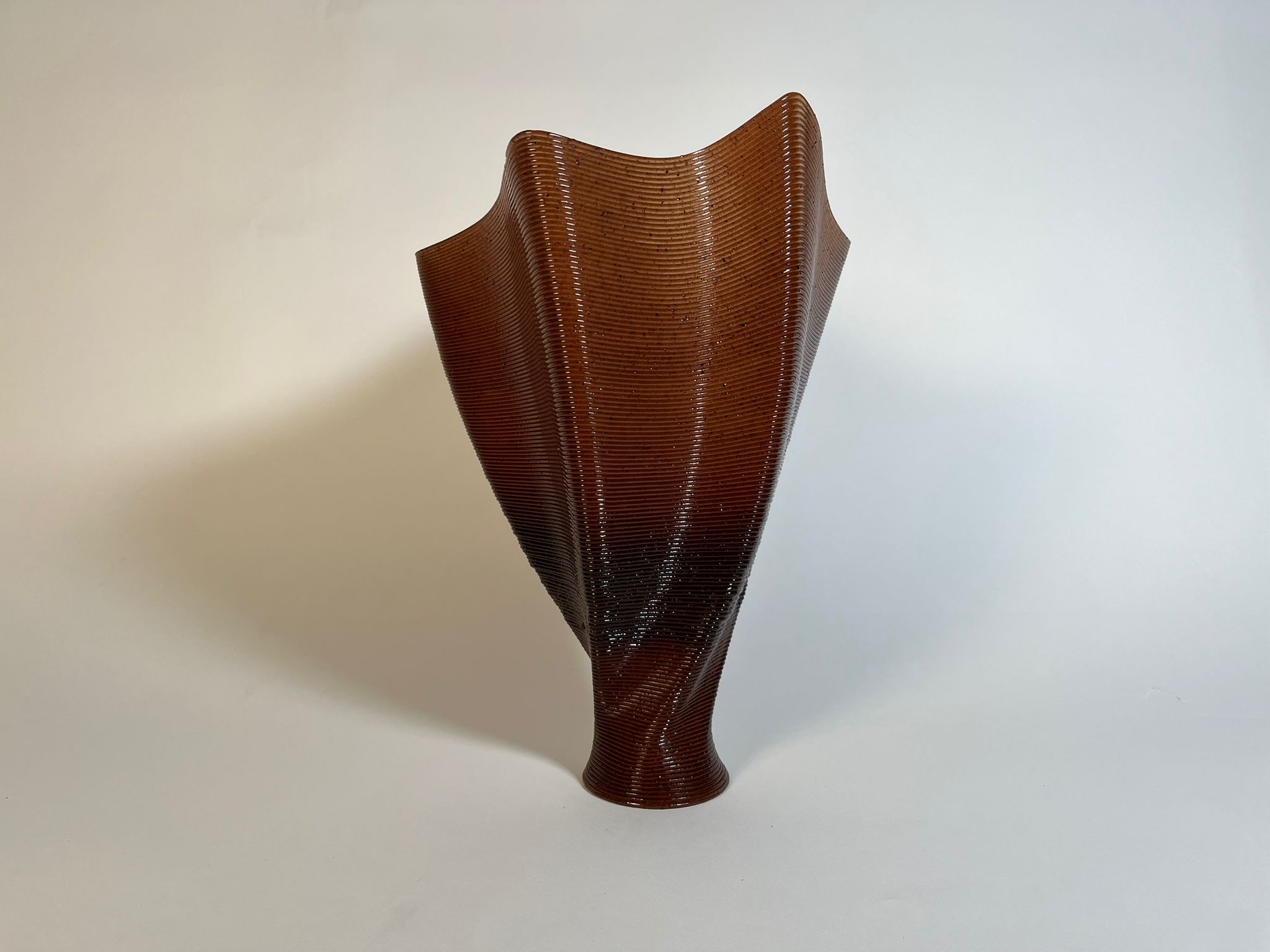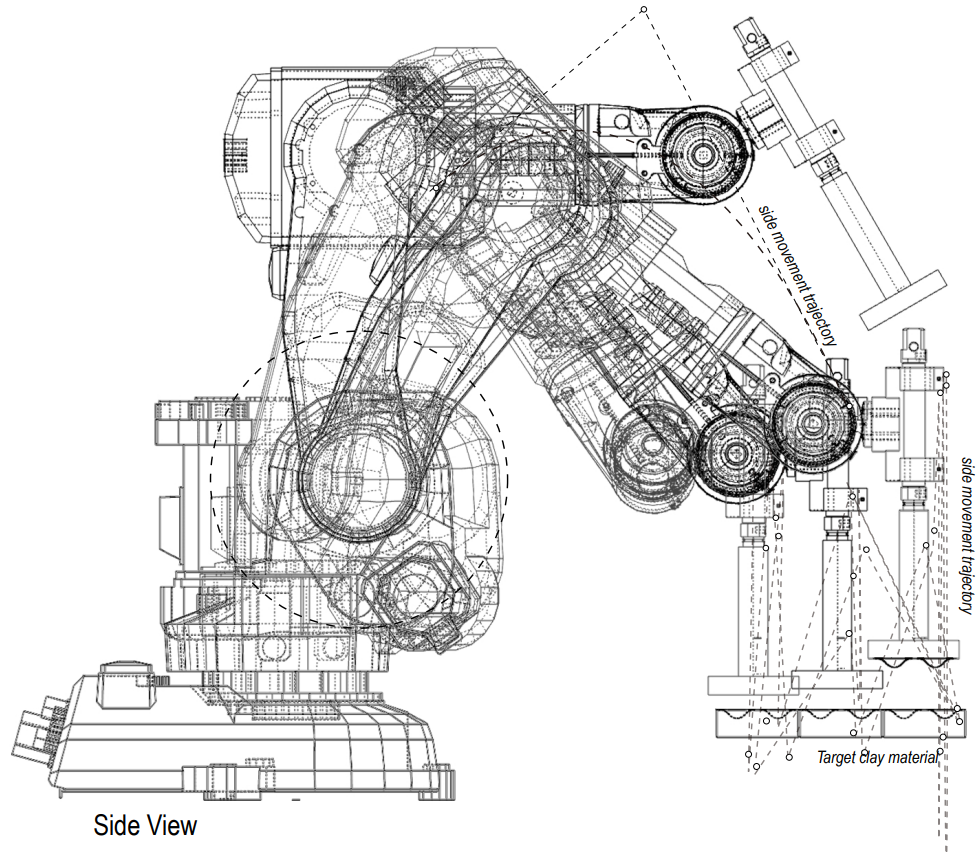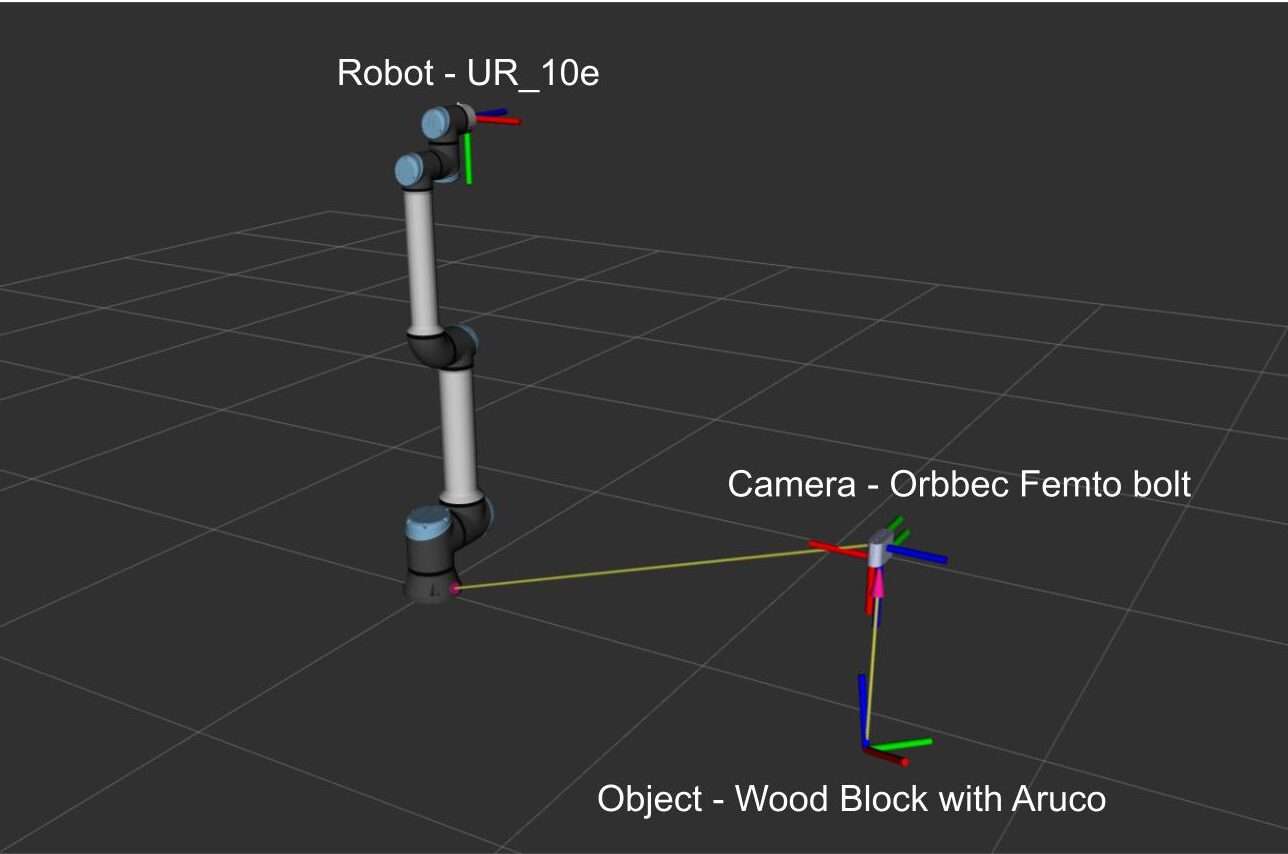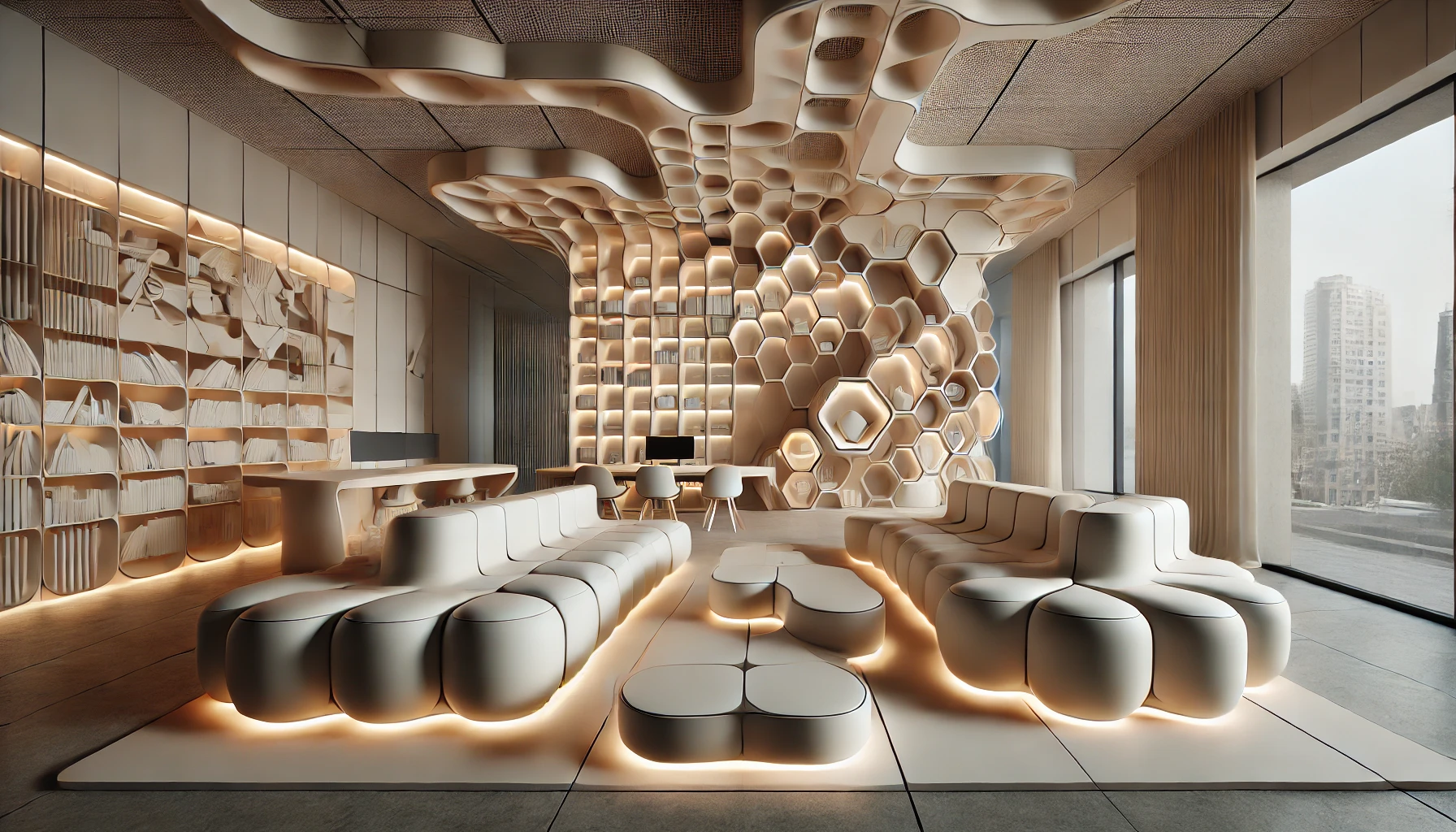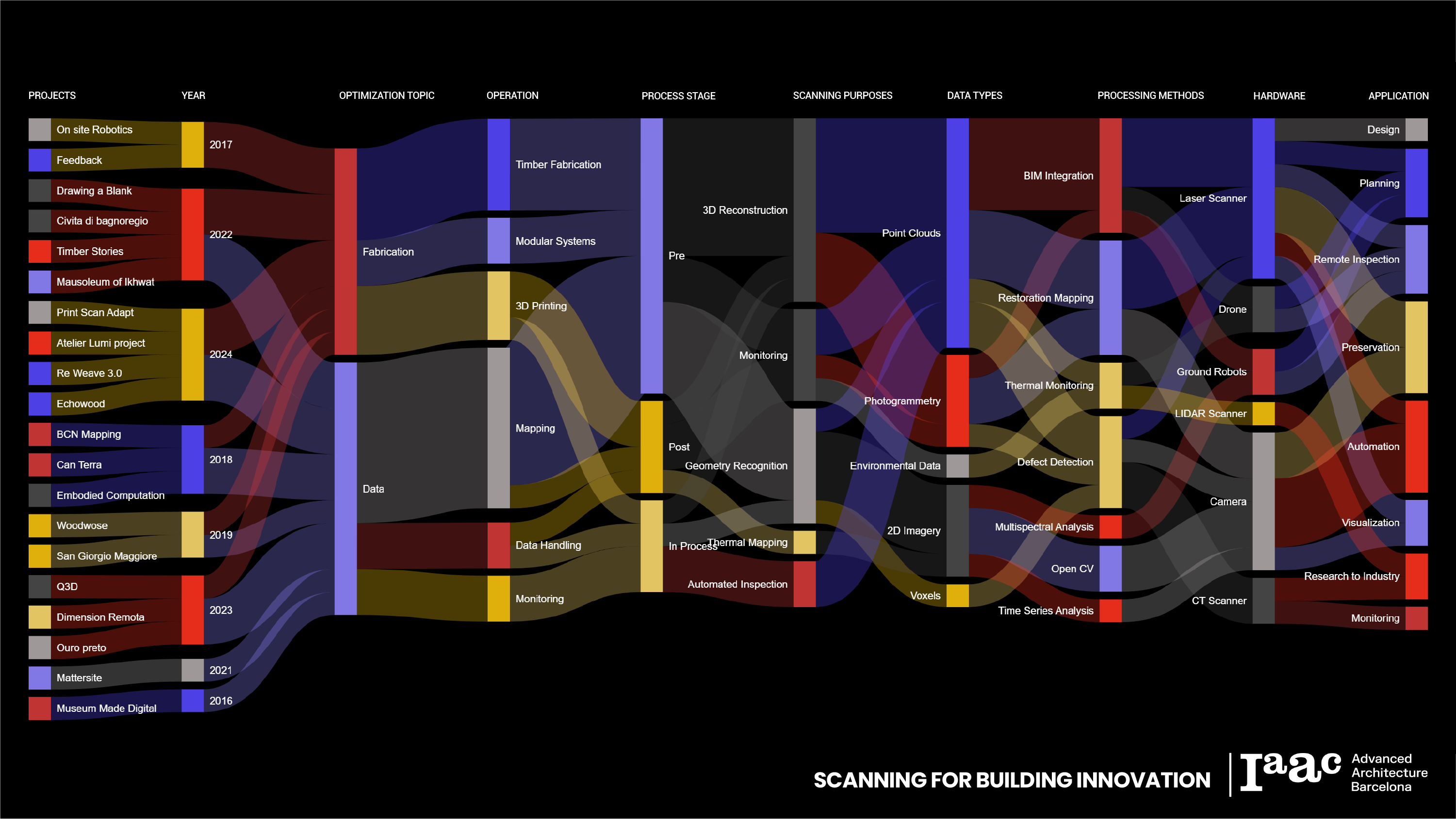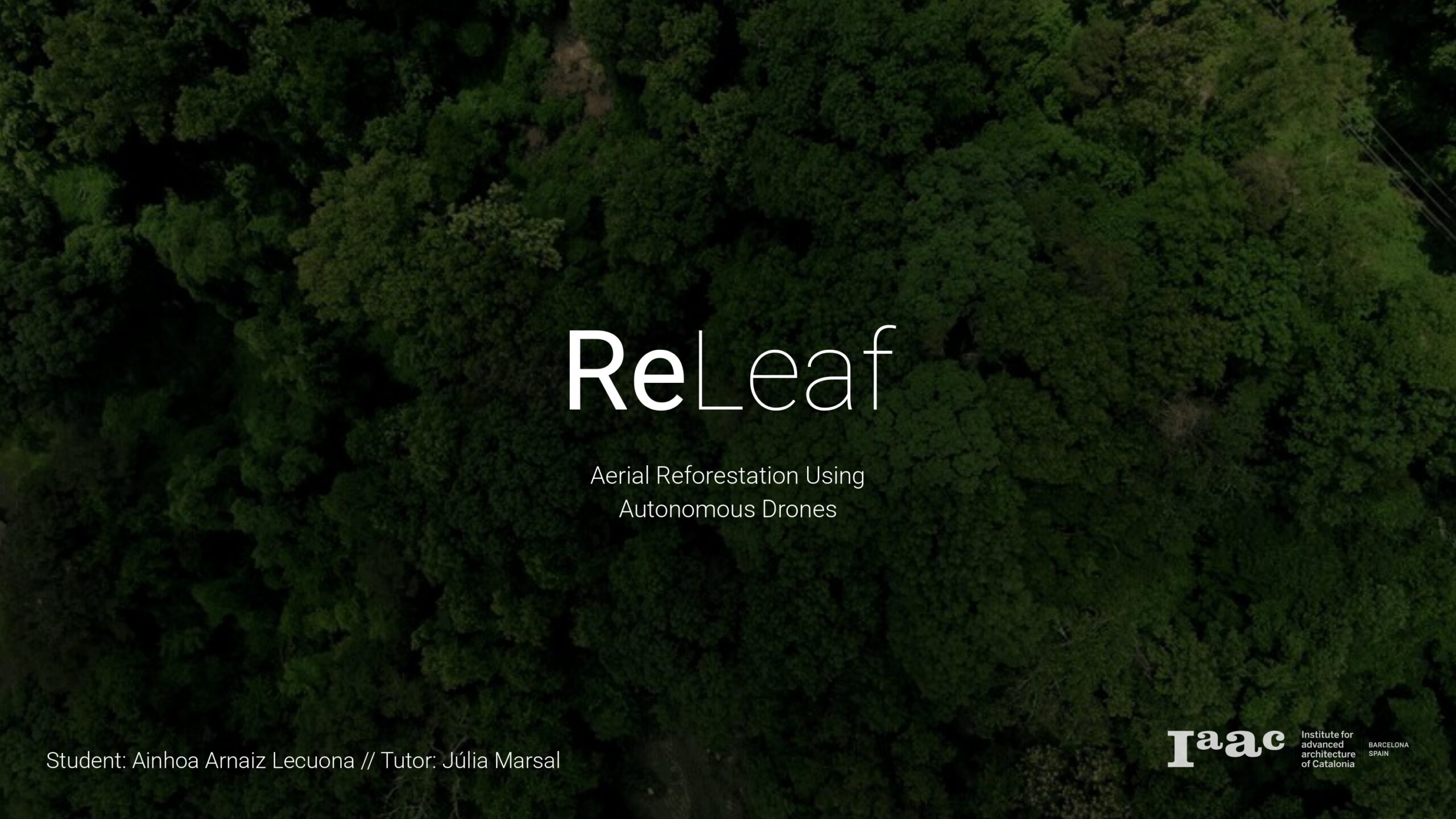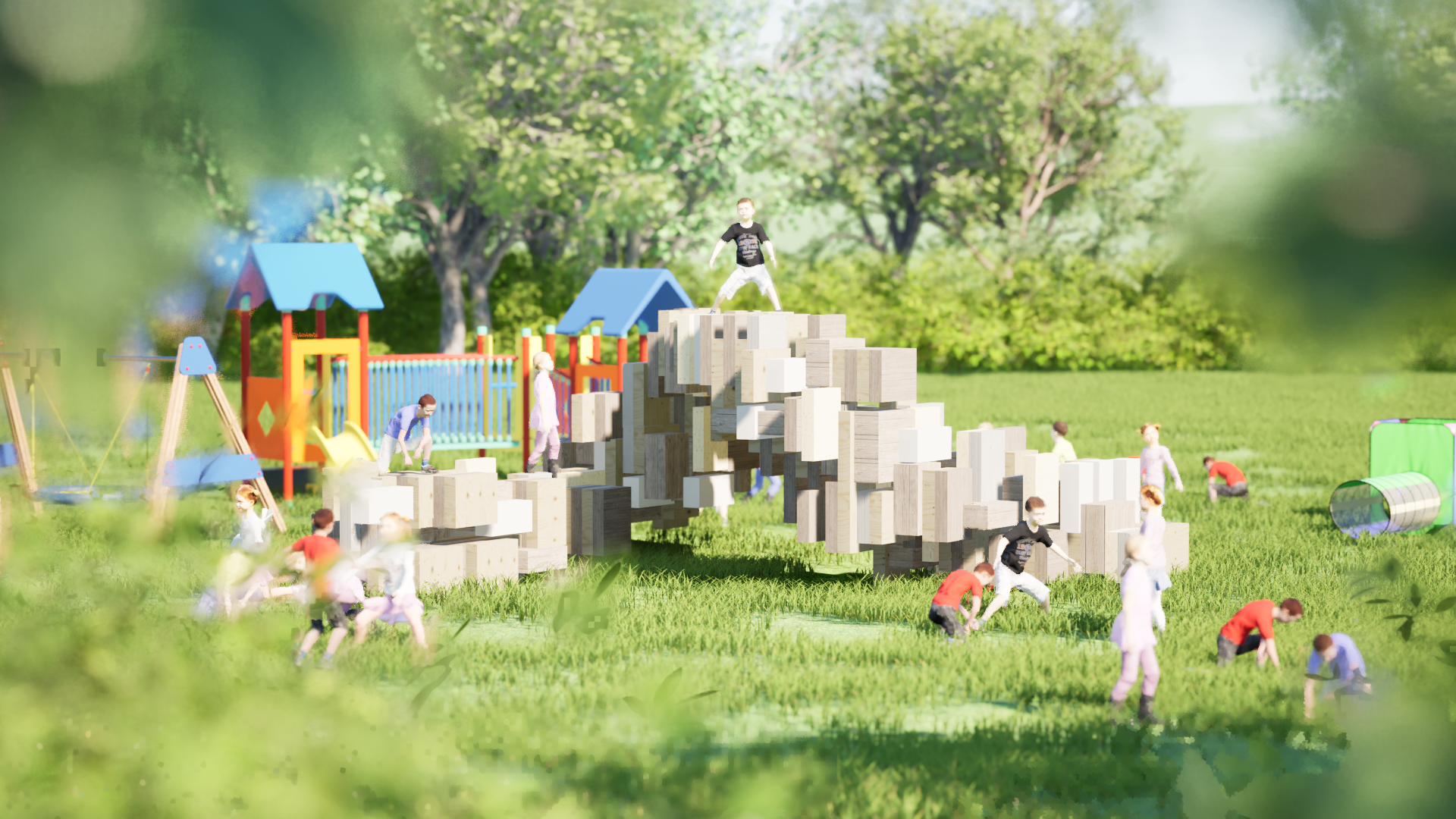Cacau I
Brasil is the seventh biggest productor of Cacao worldwide and 60% of its production is from family agriculture located in the states of Pará and South of Bahia. The Chocolate Supply Chain produces substantial amounts of waste, specifically the Cacao Pod Husk and the Cacao Seed Shell. The process of producing the Chocolate goes from … Read more

